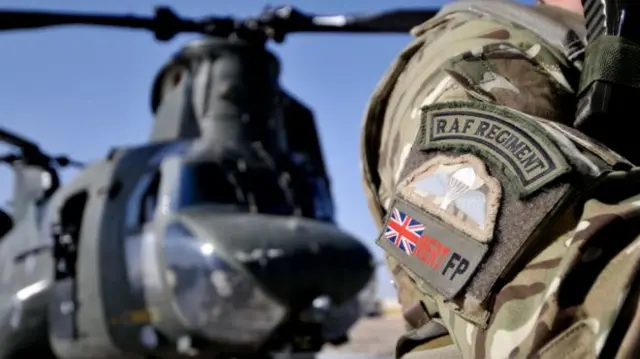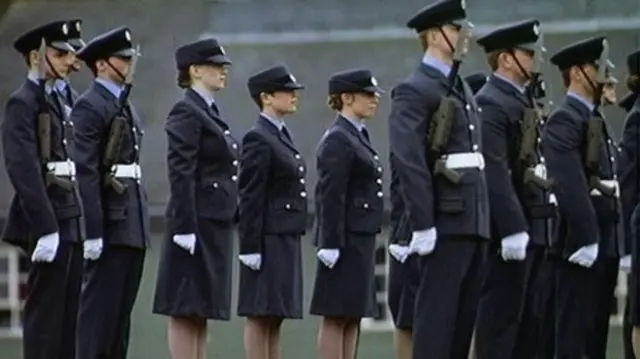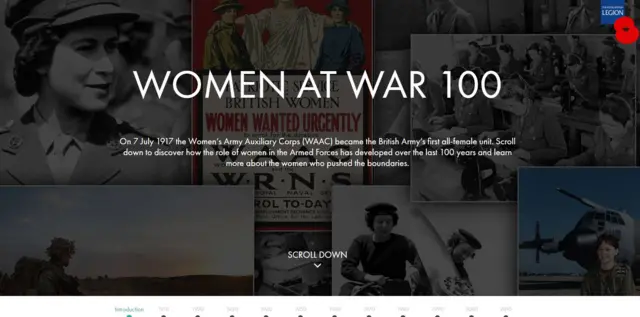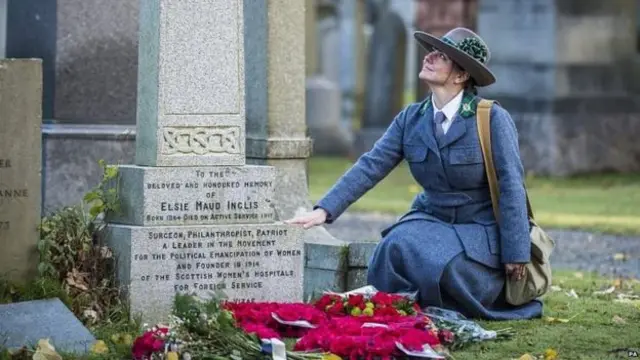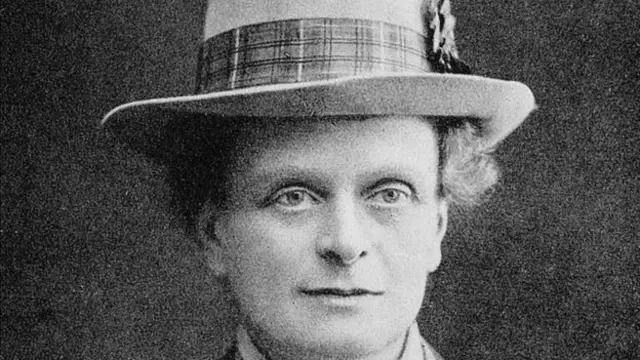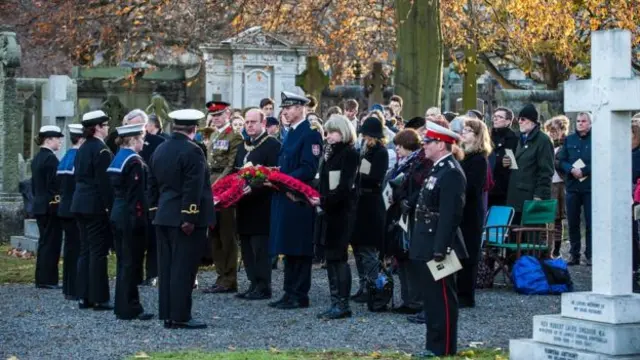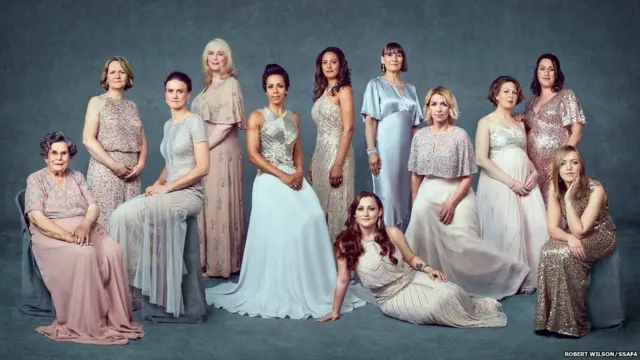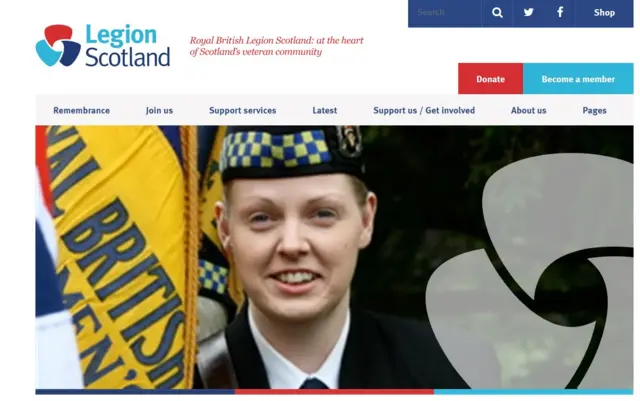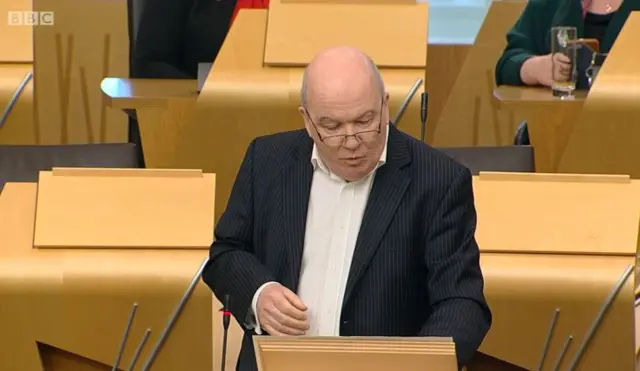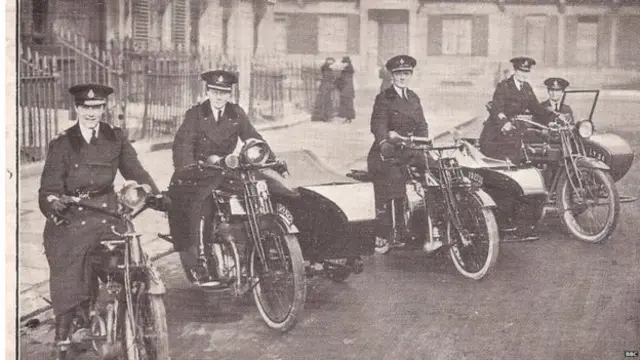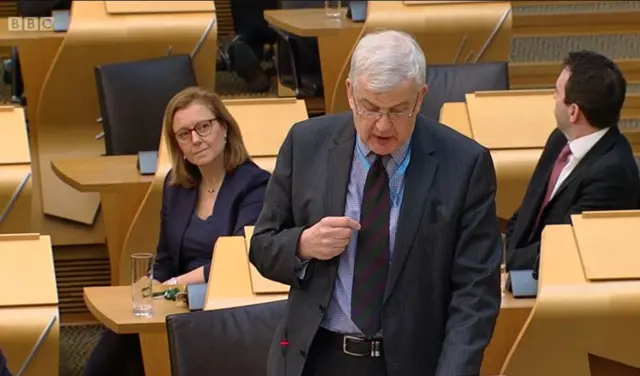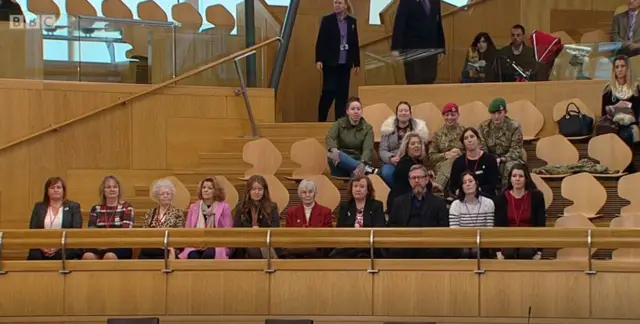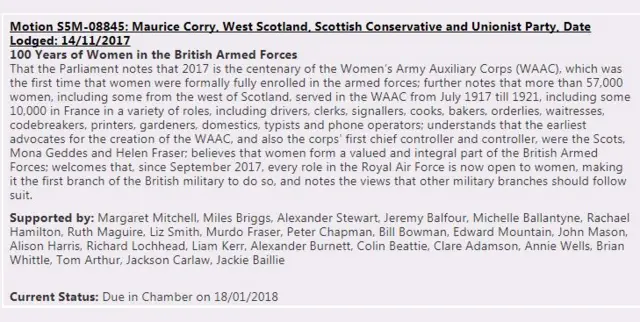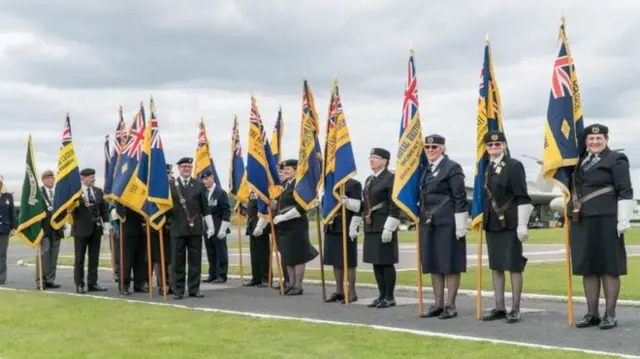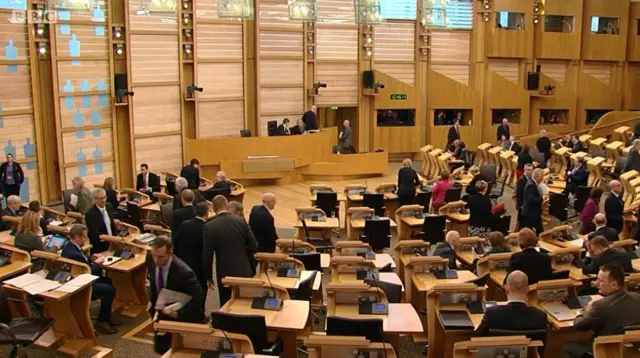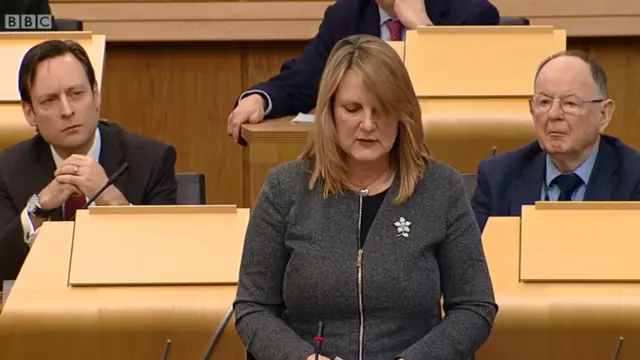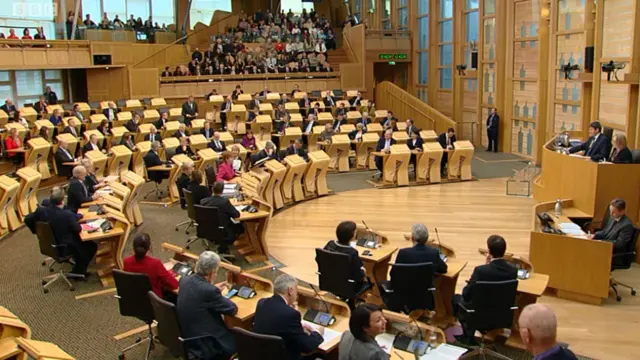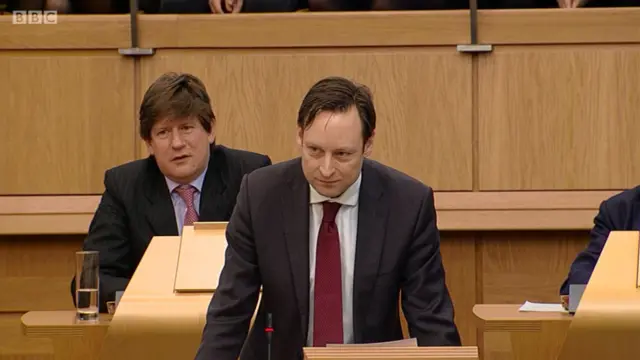Background: Could more women soldiers make the Army stronger?published at 13:19 GMT 18 January 2018
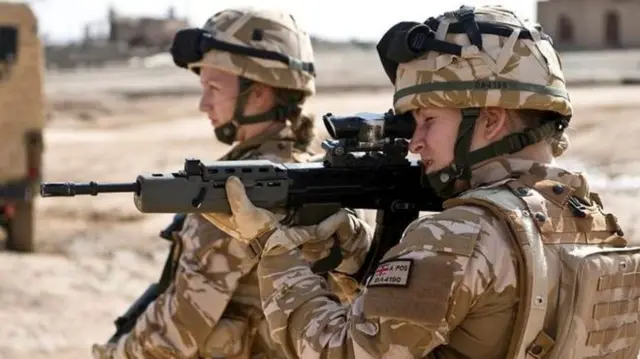 Image source, MOD
Image source, MODOnly one in 10 members of the UK's armed forces is a woman - as is the case with many of its allies. But could it be that more female soldiers would not only ease a recruitment crisis, but also make the forces stronger?
At the height of the war in Afghanistan, coalition forces were at risk of being unable to gather vital information and intelligence from women in the towns and villages where they were operating.
A solution came from female soldiers, who were sent into these communities as engagement teams- talking to local women who were unlikely to speak to their male colleagues.
It was only one example of the benefits that diversity in the armed forces can bring.
